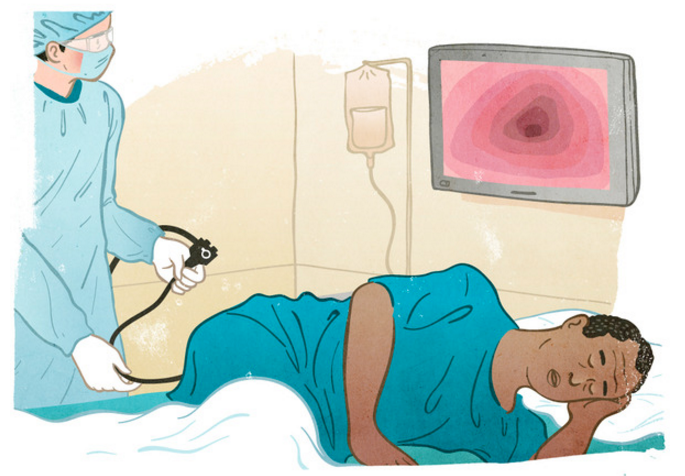Facing life after colon cancer surgery can bring both physical and mental challenges. Whether you’re adjusting to new diets or developing fresh routines, this phase marks the beginning of a new chapter. At the same time, it provides an opportunity to rebuild and focus on your well-being. Below is some practical advice and support to help you ease into recovery and address any questions you may have:
What Should You Eat?
Recovering from colon cancer surgery requires some dietary changes. In the early stages of recovery, a soft, low-fiber diet can be helpful because it’s gentler on your digestive system. Foods like well-cooked vegetables, soft fruits, white rice, and lean proteins such as chicken or fish are typically easier to digest.
As your body heals, your doctor may suggest gradually adding fiber-rich foods back into your diet. Pay attention to how your body responds to different foods, as everyone’s digestion is unique. Remember to drink plenty of water to support your recovery. Carrying a water bottle with you throughout the day can help you stay hydrated.
How Does Exercise Help?
Physical movement is beneficial for your recovery. At first, it may be difficult, but starting with light activities like walking can help prevent complications such as blood clots and support digestion. Begin with short walks around your home or neighborhood, and gradually walk longer as your strength increases.
Gentle stretching or yoga can also be helpful. These exercises improve flexibility, reduce stiffness, and lift your mood. Always follow your healthcare team’s guidance on when and how much to exercise, especially early in your recovery.
Recovery isn’t only physical. It also involves mental adjustments, helping you to adapt to the changes. It’s normal to face mental challenges after surgery.
How Do You Adjust Routines?
Life after surgery may require you to adjust some daily habits. Making small changes can help you regain independence while understanding your new physical limits. If traveling to work or running errands is a challenge, break tasks into smaller steps.
Meal prepping can simplify your daily routine. Preparing soft, nutritious meals in larger batches saves time and energy. During early recovery, don’t wait to ask loved ones for help with shopping and meal preparation. Using tools like a planner can assist you in keeping track of your activities, appointments, and energy levels.
What Is an Ostomy?
Some people undergoing colon cancer surgery may have an ostomy, which is a medical opening that helps waste exit your body. Adjusting to life with this method can be very challenging, but there are many resources available to support you. Developing a care routine tailored to your needs can build your confidence over time. Connecting with others who have the same condition can also be helpful. Online communities often share advice, encouragement, and tips for managing daily life. Support is available as you learn to adapt.
Ask About Colon Cancer Surgery
Care after surgery doesn’t end once you feel better. Long-term health involves checkups, eating balanced meals, and staying active moving forward. Building a relationship with your healthcare provider keeps you informed about your progress and offers guidance whenever needed. Writing down symptoms and milestones could help with tracking improvements or identifying concerns to share with your doctor. Maintaining a health-focused lifestyle helps lower the chance of future complications and strengthens your body. Contact a surgeon near you for aftercare tips.
- Choosing the Right Plastic Surgeon for Your Cosmetic Procedure
- Understanding Different Types of Laser Treatments for Skin Rejuvenation
- Why a Family Dentist is Key for Maintaining Oral Health
- The Benefits of Regular Visits to a Wellness Spa
- Exploring the Emotional and Psychological Triggers of Eating Disorders


Leave a Reply